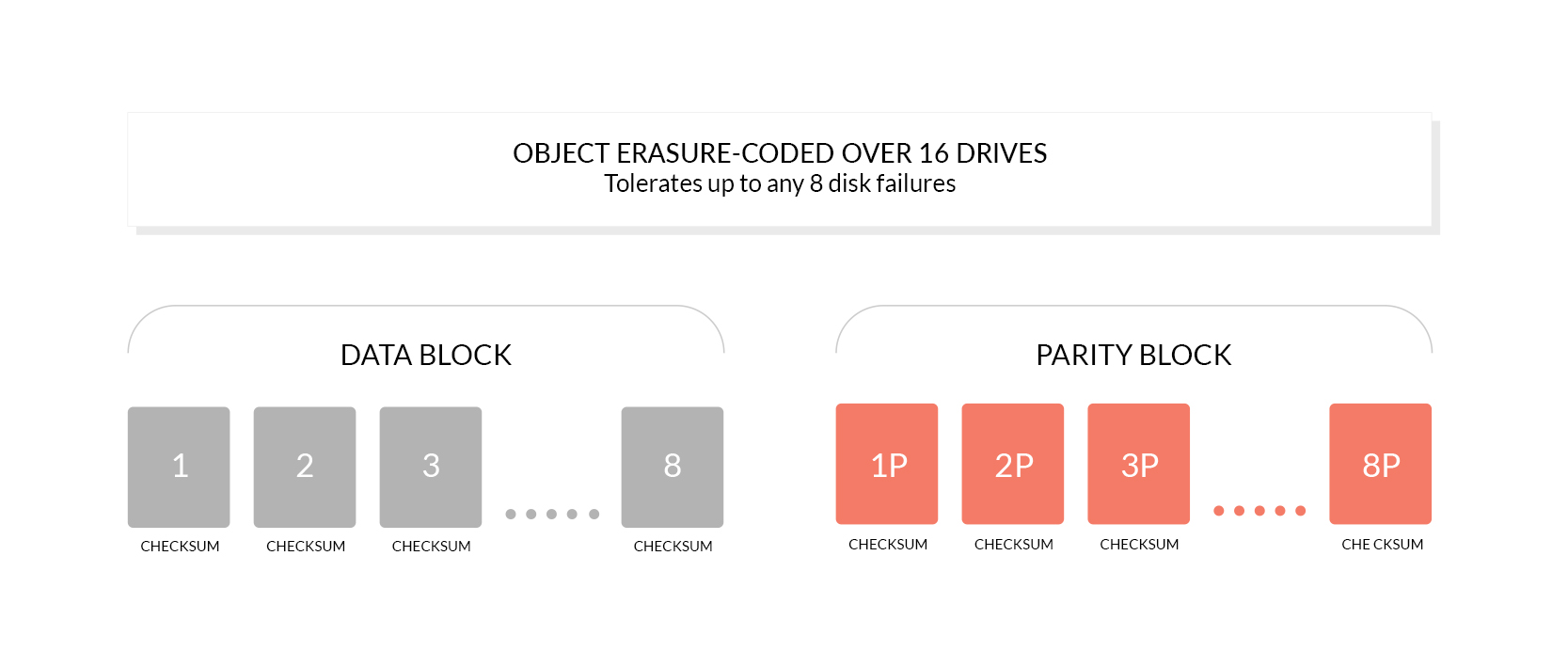- Sort Score
- Result 10 results
- Languages All
Results 1 - 10 of 106 for bit (0.11 sec)
-
android/guava-tests/test/com/google/common/hash/Crc32cHashFunctionTest.java
for (int b = 0; b < 4; ++b) { for (int bit = 128; bit != 0; bit >>= 1) { expected[b][bit] = next; next = advanceOneBit(next); } } for (int b = 0; b < 4; ++b) { expected[b][0] = 0; for (int bit = 2; bit < 256; bit <<= 1) { for (int i = bit + 1; i < (bit << 1); i++) { expected[b][i] = expected[b][bit] ^ expected[b][i ^ bit]; } } }
Java - Registered: Fri May 03 12:43:13 GMT 2024 - Last Modified: Wed Dec 23 18:30:33 GMT 2020 - 6.5K bytes - Viewed (0) -
okhttp/src/main/kotlin/okhttp3/internal/http2/Settings.kt
val bit = 1 shl ENABLE_PUSH return if (bit and set != 0) values[ENABLE_PUSH] == 1 else defaultValue } fun getMaxConcurrentStreams(): Int { val bit = 1 shl MAX_CONCURRENT_STREAMS return if (bit and set != 0) values[MAX_CONCURRENT_STREAMS] else Int.MAX_VALUE } fun getMaxFrameSize(defaultValue: Int): Int { val bit = 1 shl MAX_FRAME_SIZEPlain Text - Registered: Fri May 03 11:42:14 GMT 2024 - Last Modified: Mon Jan 08 01:13:22 GMT 2024 - 3.8K bytes - Viewed (0) -
guava-tests/test/com/google/common/hash/Crc32cHashFunctionTest.java
for (int b = 0; b < 4; ++b) { for (int bit = 128; bit != 0; bit >>= 1) { expected[b][bit] = next; next = advanceOneBit(next); } } for (int b = 0; b < 4; ++b) { expected[b][0] = 0; for (int bit = 2; bit < 256; bit <<= 1) { for (int i = bit + 1; i < (bit << 1); i++) { expected[b][i] = expected[b][bit] ^ expected[b][i ^ bit]; } } }
Java - Registered: Fri Apr 19 12:43:09 GMT 2024 - Last Modified: Wed Dec 23 18:30:33 GMT 2020 - 6.5K bytes - Viewed (0) -
android/guava/src/com/google/common/base/Charsets.java
/** * UTF-8: eight-bit UCS Transformation Format. * * <p><b>Java 7+ users:</b> this constant should be treated as deprecated; use {@link * java.nio.charset.StandardCharsets#UTF_8} instead. * */ public static final Charset UTF_8 = Charset.forName("UTF-8"); /** * UTF-16BE: sixteen-bit UCS Transformation Format, big-endian byte order. *Java - Registered: Fri May 03 12:43:13 GMT 2024 - Last Modified: Thu Feb 15 16:12:13 GMT 2024 - 3.8K bytes - Viewed (0) -
okhttp/src/main/kotlin/okhttp3/internal/idn/IdnaMappingTable.kt
* bits. * * We split each code point into a 14-bit prefix and a 7-bit suffix. All code points with the same * prefix are called a 'section'. There are 128 code points per section. * * Ranges Data (32,612 bytes) * ========================== * * Each entry is 4 bytes, and represents a _range_ of code points that all share a common 14-bit * prefix. Entries are sorted by their complete code points. *
Plain Text - Registered: Fri May 03 11:42:14 GMT 2024 - Last Modified: Tue Apr 02 11:39:58 GMT 2024 - 9K bytes - Viewed (0) -
android/guava/src/com/google/common/primitives/UnsignedLong.java
private UnsignedLong(long value) { this.value = value; } /** * Returns an {@code UnsignedLong} corresponding to a given bit representation. The argument is * interpreted as an unsigned 64-bit value. Specifically, the sign bit of {@code bits} is * interpreted as a normal bit, and all other bits are treated as usual. * * <p>If the argument is nonnegative, the returned result will be equal to {@code bits},
Java - Registered: Fri Apr 26 12:43:10 GMT 2024 - Last Modified: Thu Apr 22 13:09:25 GMT 2021 - 8.9K bytes - Viewed (0) -
android/guava/src/com/google/common/math/DoubleUtils.java
signifFloor &= SIGNIFICAND_MASK; // remove the implied bit /* * We round up if either the fractional part of signif is strictly greater than 0.5 (which is * true if the 0.5 bit is set and any lower bit is set), or if the fractional part of signif is * >= 0.5 and signifFloor is odd (which is true if both the 0.5 bit and the 1 bit are set). */ boolean increment =
Java - Registered: Fri Apr 26 12:43:10 GMT 2024 - Last Modified: Wed Apr 28 15:37:52 GMT 2021 - 5.1K bytes - Viewed (0) -
okhttp/src/main/kotlin/okhttp3/internal/http2/Huffman.kt
24, 26, 23, 26, 27, 26, 26, 27, 27, 27, 27, 27, 28, 27, 27, 27, 27, 27, 26, ) private val root = Node() init { for (i in CODE_BIT_COUNTS.indices) { addCode(i, CODES[i], CODE_BIT_COUNTS[i].toInt()) } } @Throws(IOException::class) fun encode( source: ByteString, sink: BufferedSink, ) { var accumulator = 0LPlain Text - Registered: Fri May 03 11:42:14 GMT 2024 - Last Modified: Mon Jan 08 01:13:22 GMT 2024 - 8.3K bytes - Viewed (0) -
guava/src/com/google/common/base/Charsets.java
/** * UTF-8: eight-bit UCS Transformation Format. * * <p><b>Java 7+ users:</b> this constant should be treated as deprecated; use {@link * java.nio.charset.StandardCharsets#UTF_8} instead. * */ public static final Charset UTF_8 = Charset.forName("UTF-8"); /** * UTF-16BE: sixteen-bit UCS Transformation Format, big-endian byte order. *Java - Registered: Fri Apr 05 12:43:09 GMT 2024 - Last Modified: Thu Feb 15 16:12:13 GMT 2024 - 3.8K bytes - Viewed (0) -
docs/erasure/README.md
 ## What is Bit Rot protection? Bit Rot, also known as data rot or silent data corruption is a data loss issue faced by disk drives today. Data on the drive may silently get corrupted without signaling an error has occurred, making bit rot more dangerous than a permanent hard drive failure.
Plain Text - Registered: Sun May 05 19:28:20 GMT 2024 - Last Modified: Thu Sep 29 04:28:45 GMT 2022 - 4.1K bytes - Viewed (0)